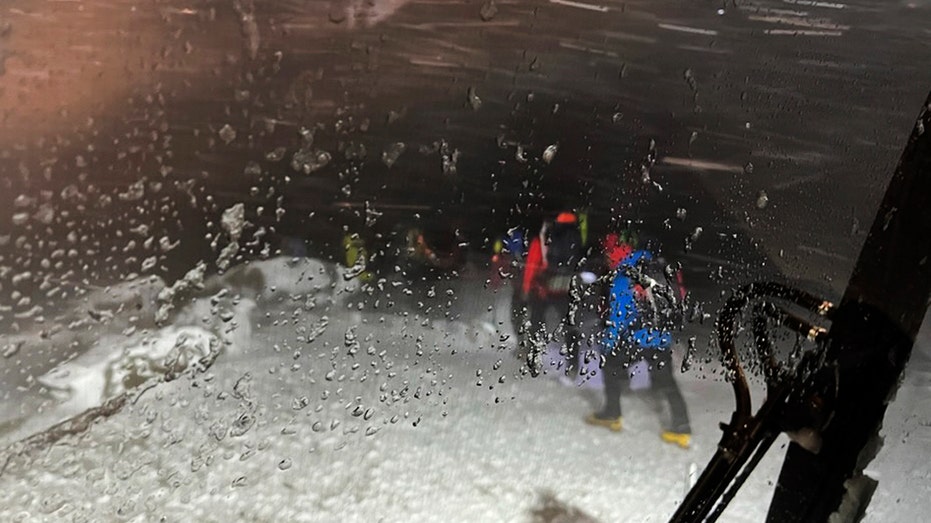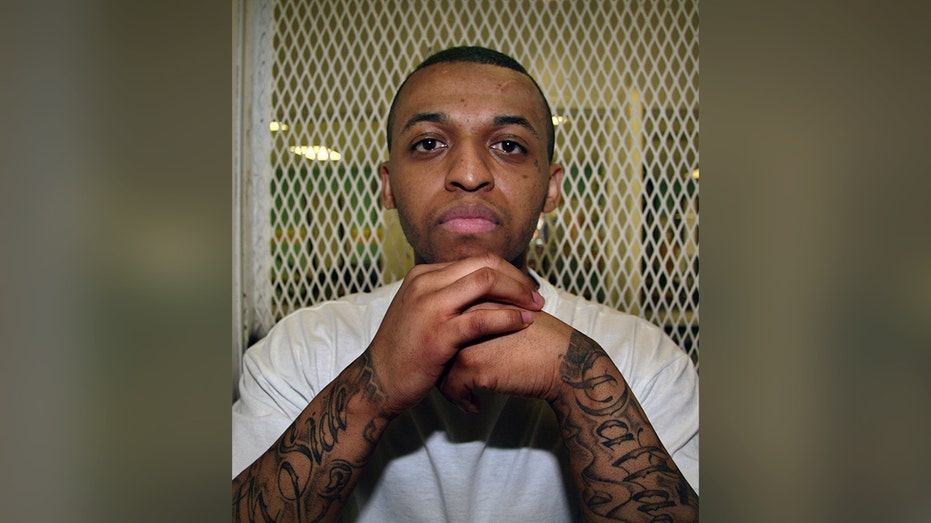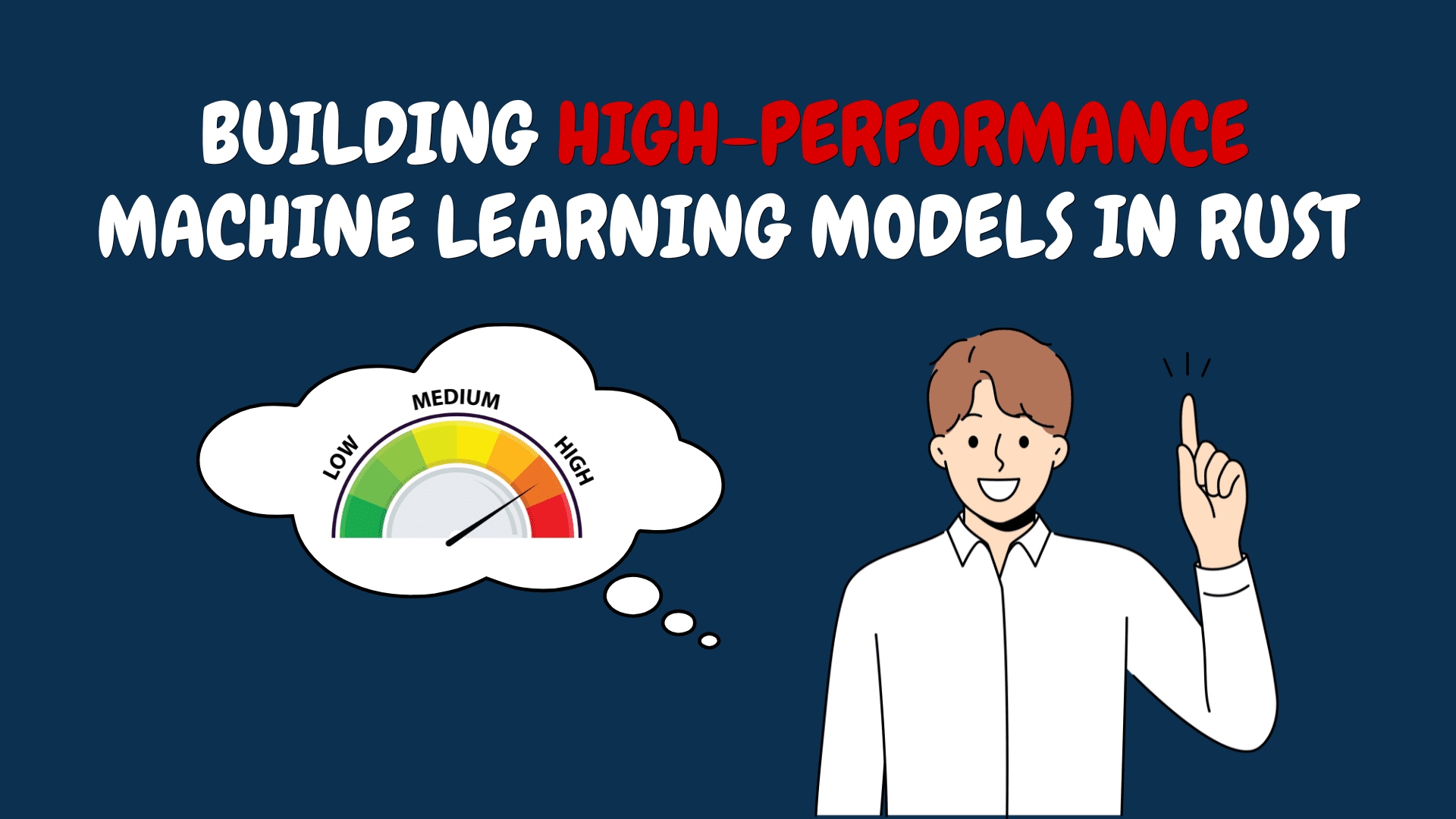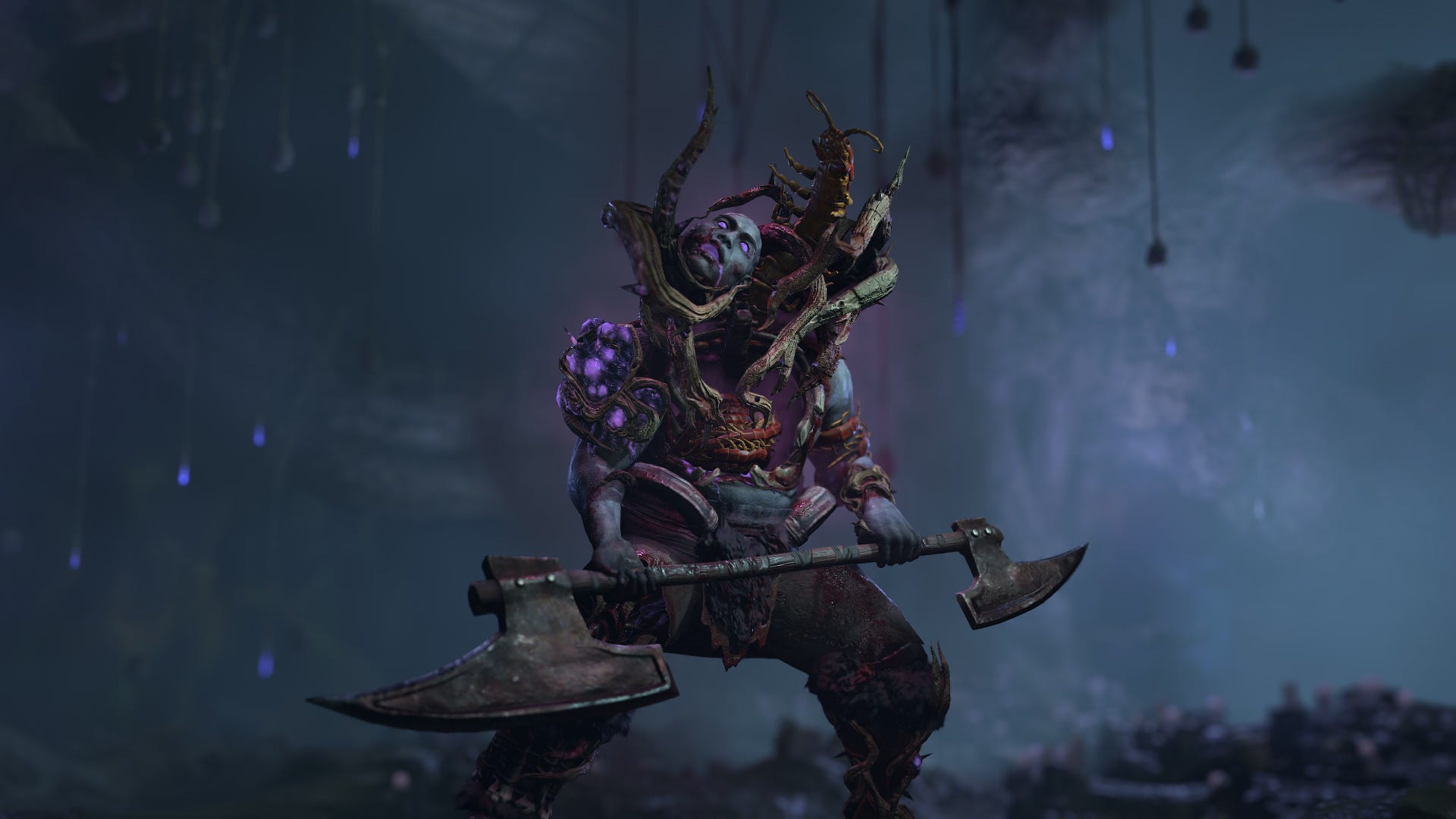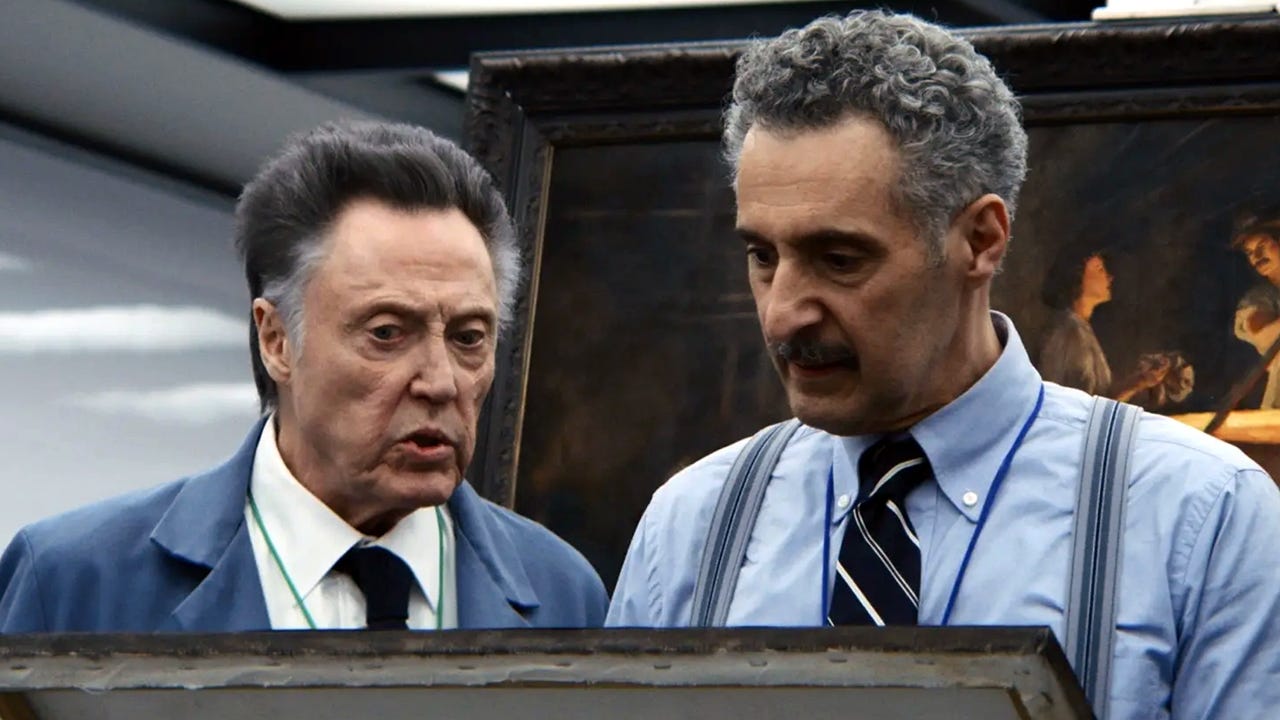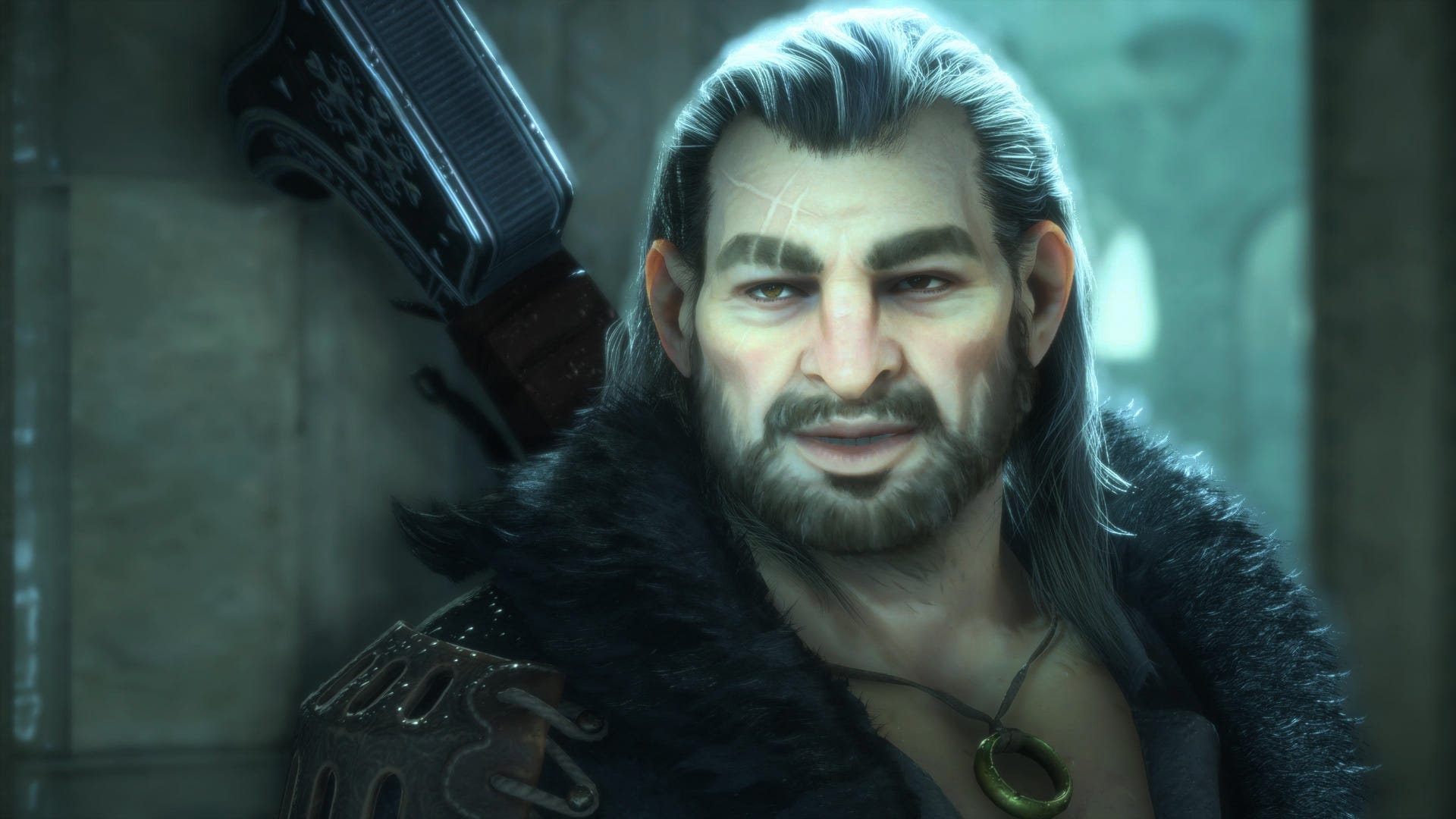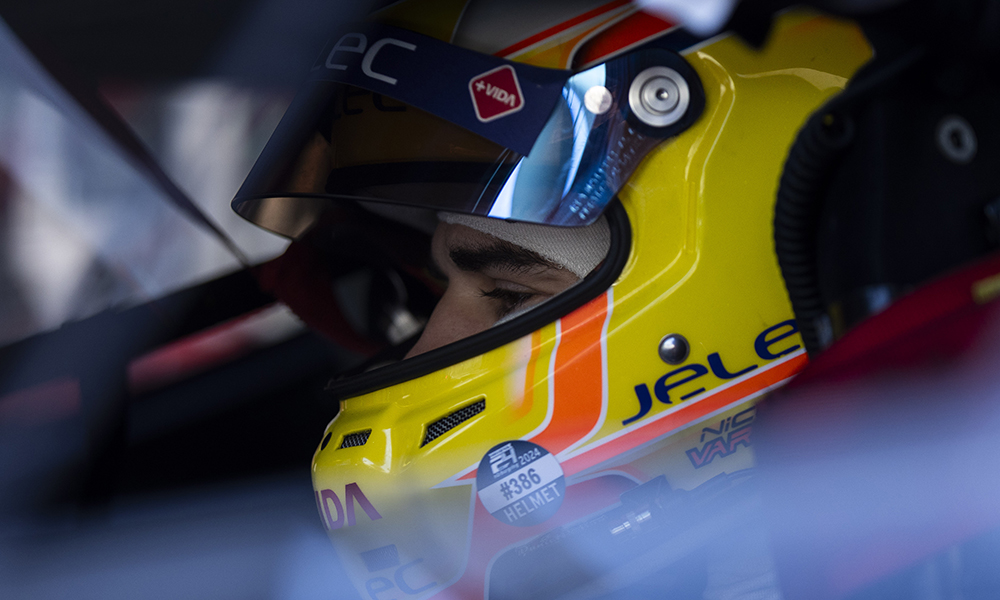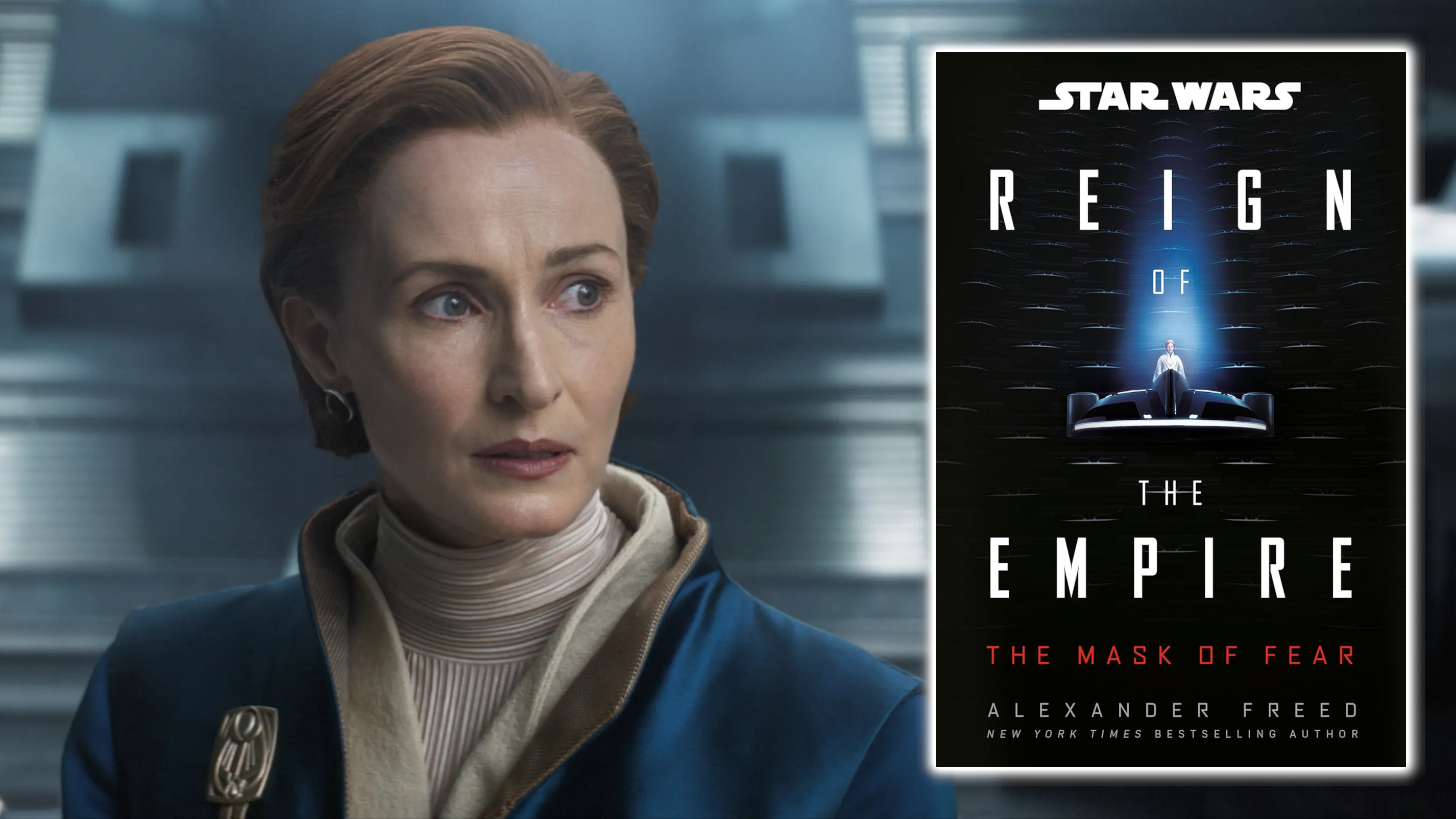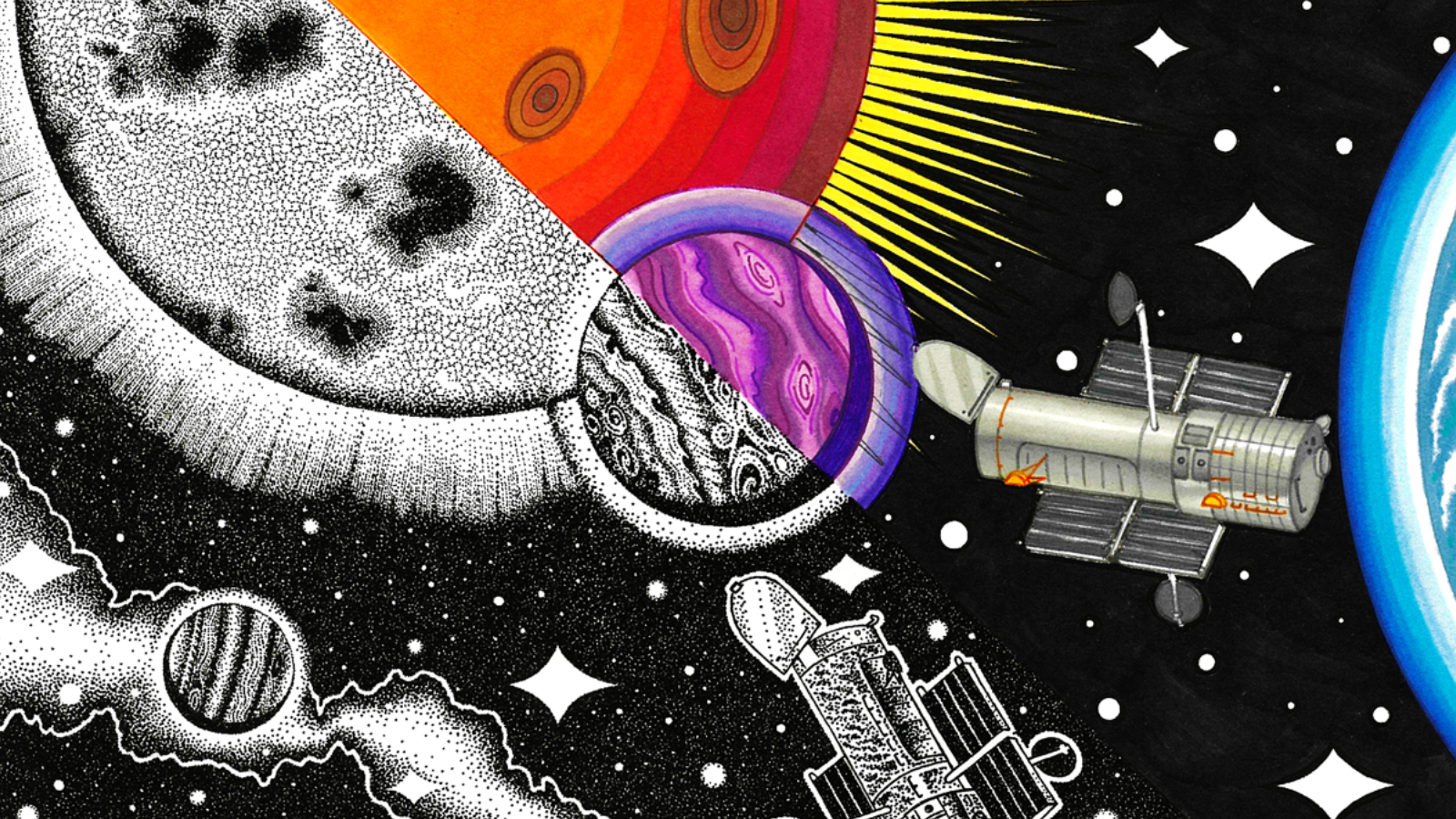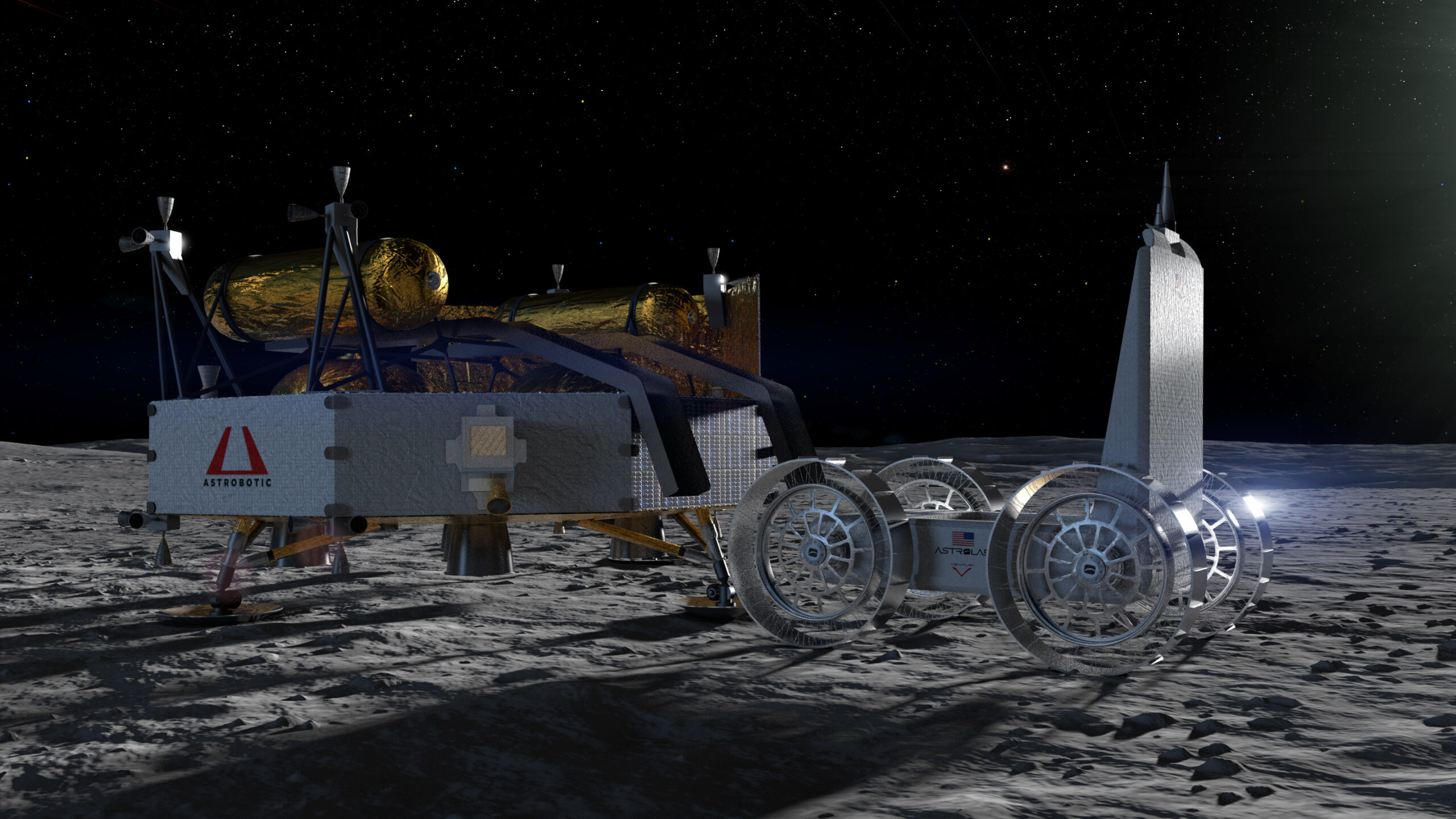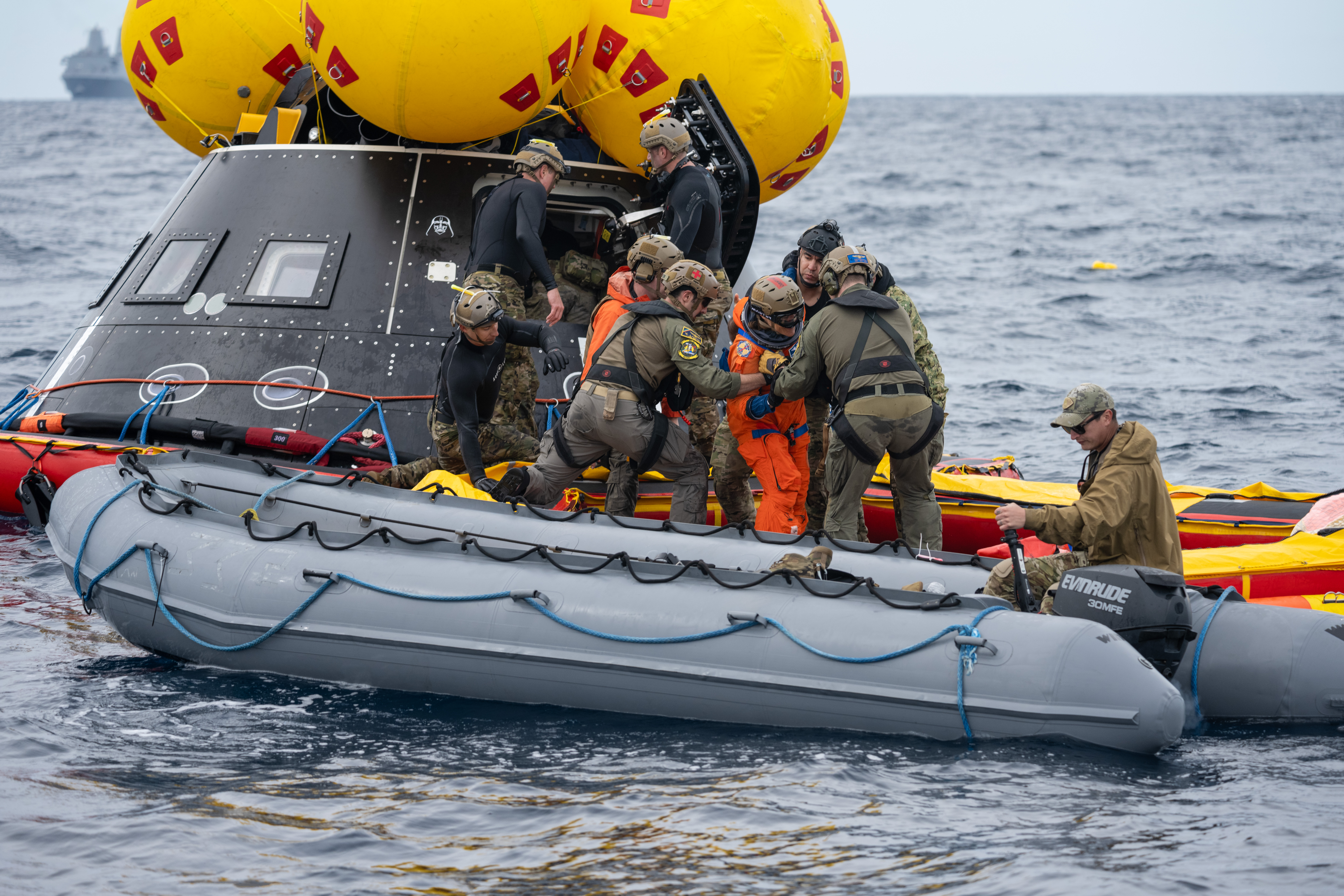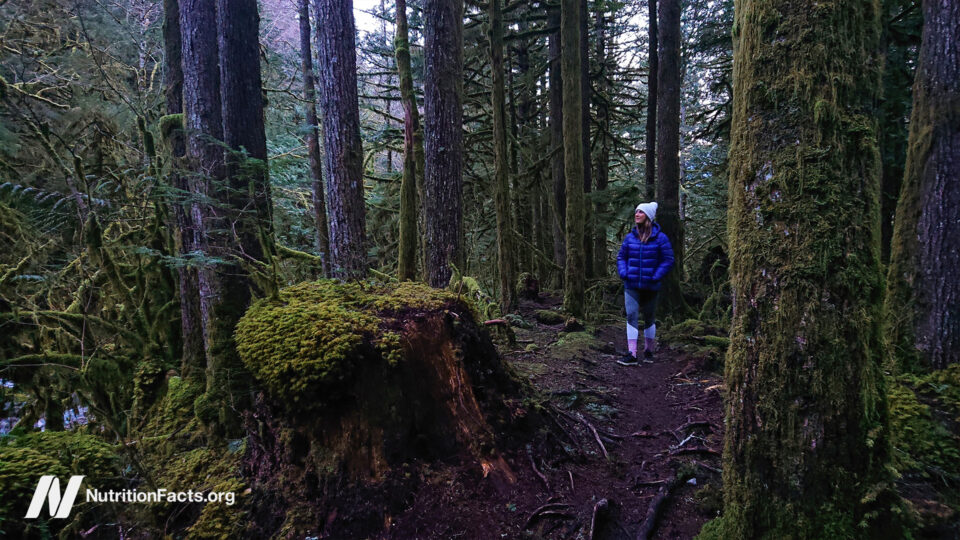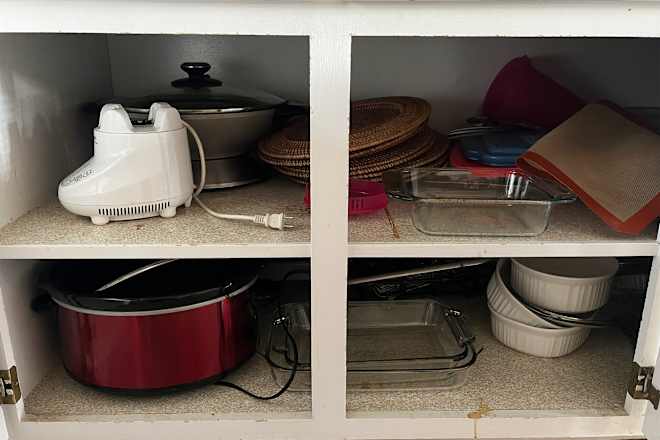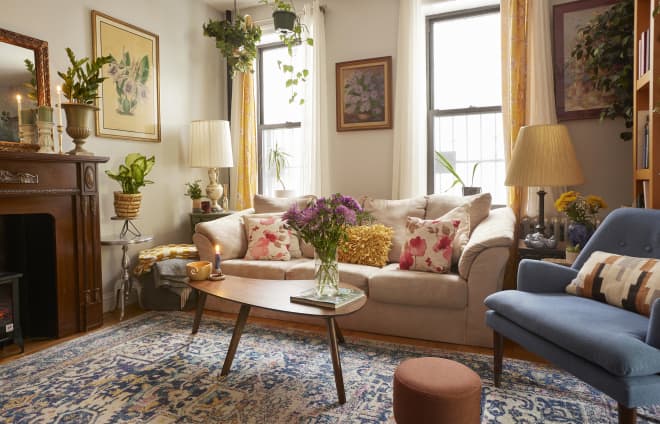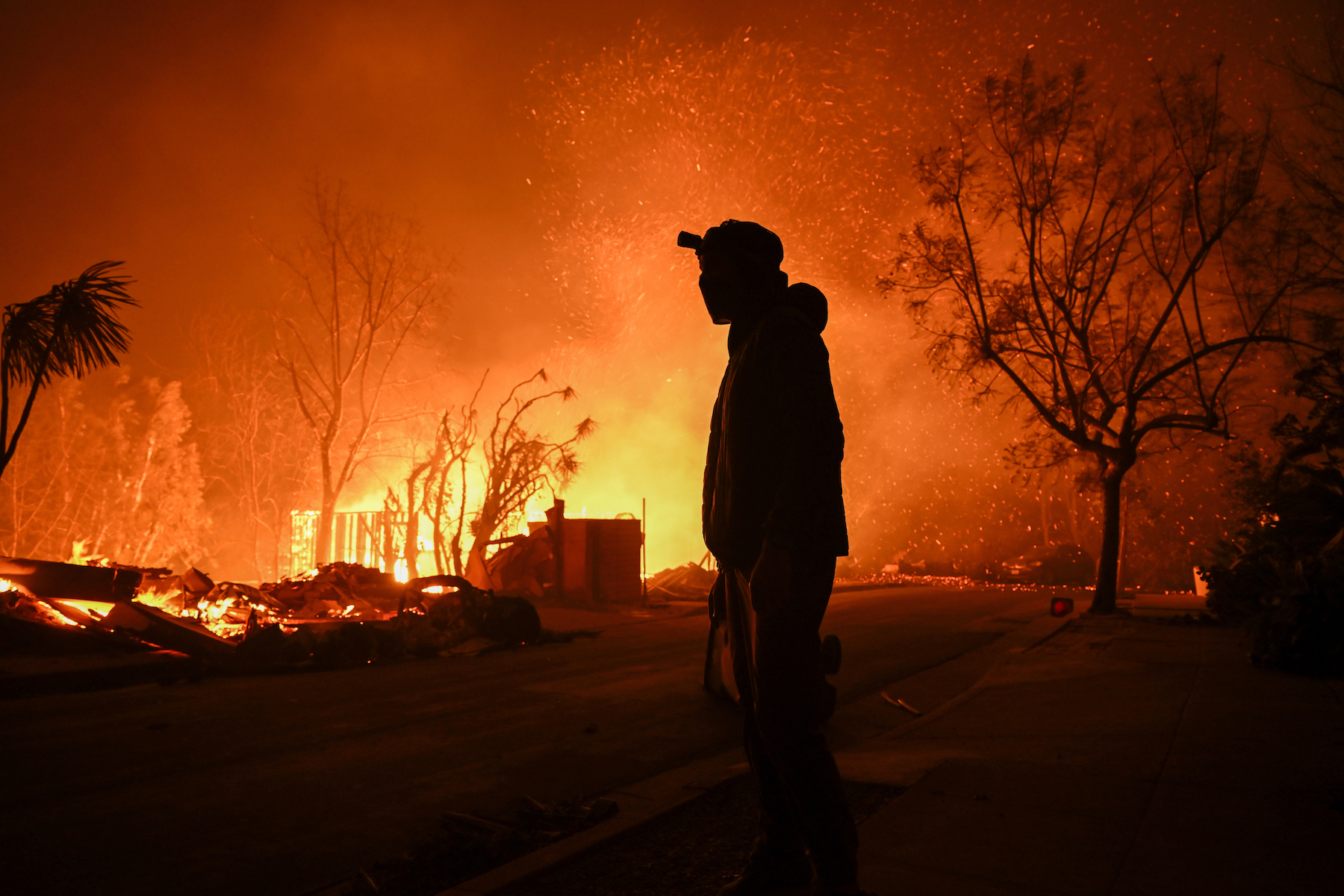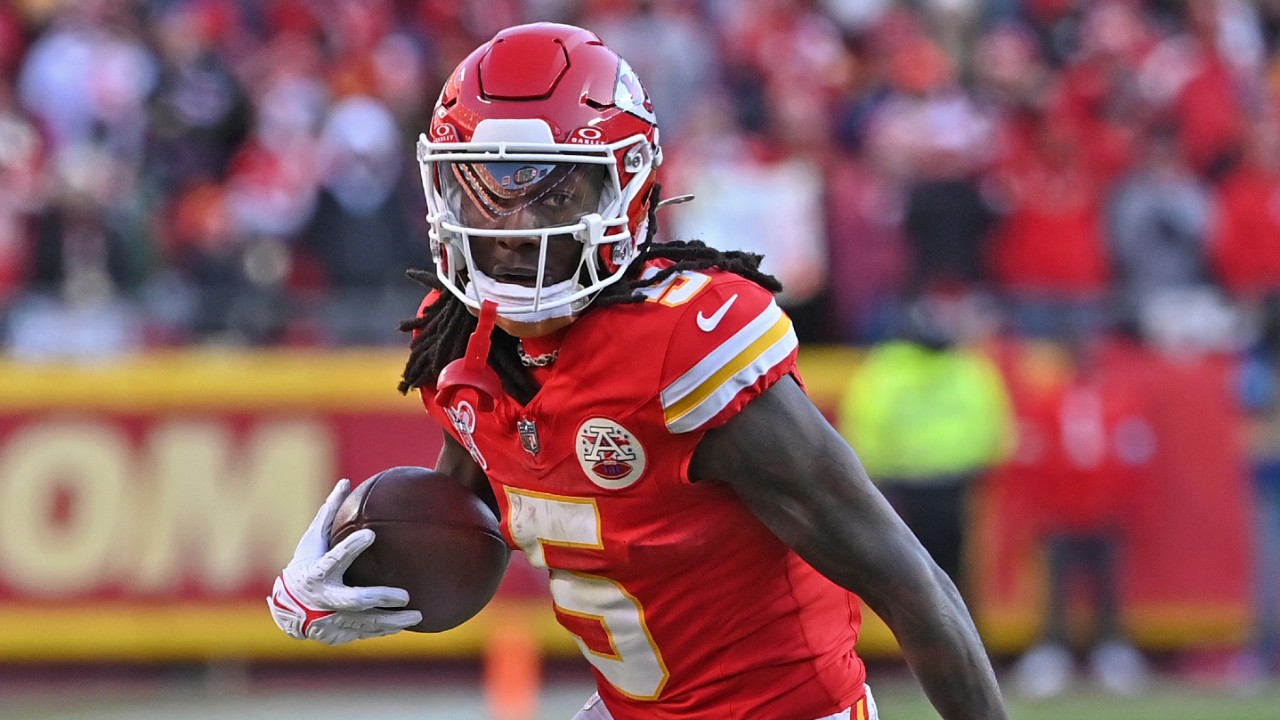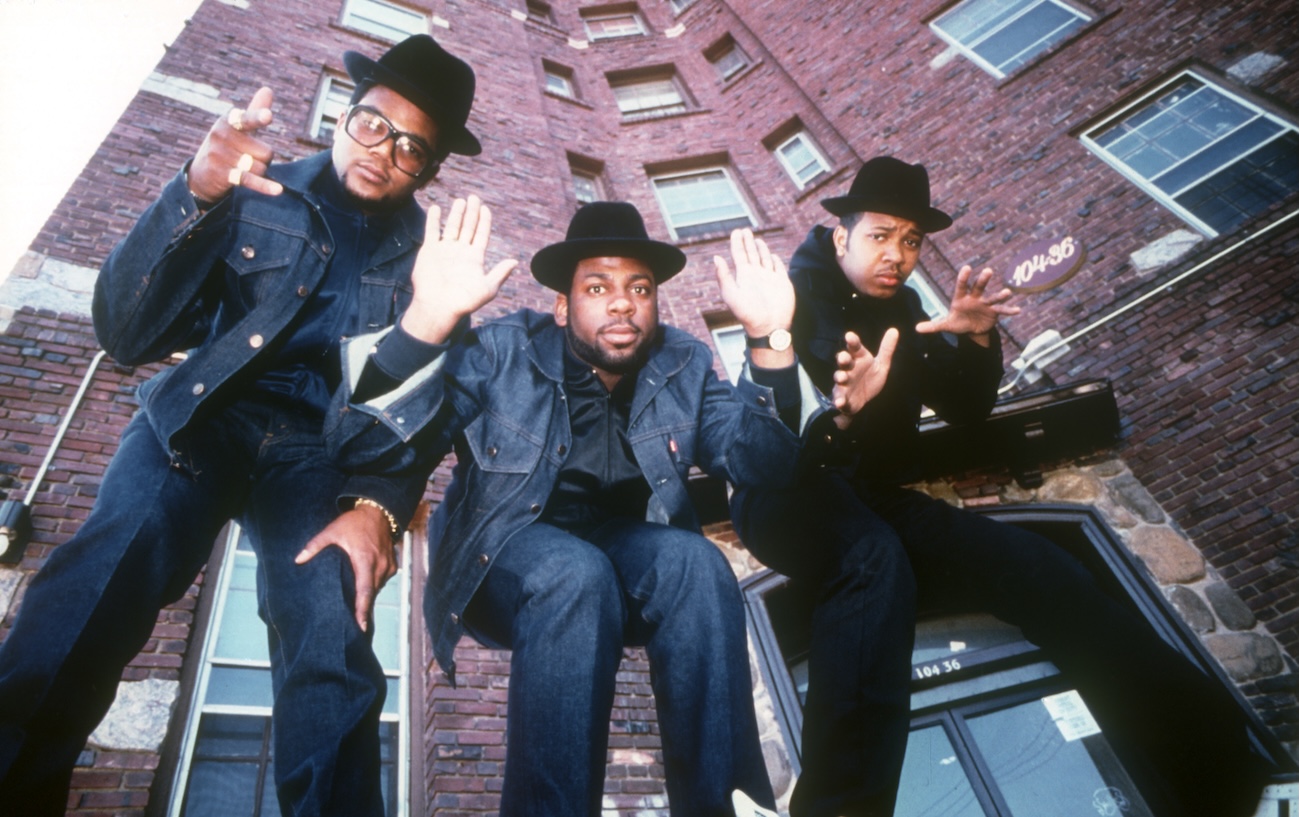In Conversation With Dr Dubplate
Talking to Dr Dubplate is like catching up with an old mate who’s seen it all but never lost his grounding. No ego, no front—just raw passion for the music and an unwavering love for the culture. A proper South London grafter, he’s lived every role in the rave ecosystem, from handing back your cloakroom […]

Talking to Dr Dubplate is like catching up with an old mate who’s seen it all but never lost his grounding. No ego, no front—just raw passion for the music and an unwavering love for the culture. A proper South London grafter, he’s lived every role in the rave ecosystem, from handing back your cloakroom ticket at the legendary Plastic People to commanding decks at some of the world’s biggest clubs. He’s not afraid to admit mistakes, embrace vulnerability, or share wisdom gained through years in the trenches. And that’s exactly why he resonates—not just as a DJ or label boss, but as a true head, someone who gets it because he’s lived it.
Now, as his label ec2a hits its five-year milestone, Dr Dubplate stands at the helm of something much bigger than just a record imprint. More than just a platform for bangers, ec2a has become a movement, a home for cutting-edge sounds, and a proving ground for the next wave of underground talent. A reflection of his own genre-blurring style—where garage, breaks, techno, and dubstep collide—ec2a is built on gut instinct, community spirit, and a refusal to follow trends. Five years deep and still operating with the hunger of day one, Dr Dubplate isn’t just celebrating a label anniversary—he’s championing a scene that’s always been about pushing things forward.
Hey! How are you doing?
Yeah, I’m chilling. I’m just very busy at the moment. It’s quite a chaotic time for us here in the office. We’ve just moved from our OG spot, which is in the same office as Love Saves The Day, to our own getting our own place and getting settled there. It feels like a timestamp or pivotal moment. It’s kind of scary but I’ve got an amazing team so it’s not as nerve-racking as it could be.
How big is your team?
There’s myself, I work closely with Joe from Hardline. We set up a business called Front Left Music Group together. I’ve got one homie, who takes care of all of the distribution and customer service. Olivia who is our label assistant and more recently; Hayliegh, who does basically all the handshaking because I can’t do that kind of stuff. I just feel weird in those situations. In terms of graphic designers.
It sounds like you’re gassed about the move?
Imagine where I was before I had no windows! We were in a box which in summer is dead hot and it’s just freezing in the winter. But was a blessing being there because Team Love and Laura are amazing. It was somewhere that wasn’t difficult to move into just because I had a relationship with them. I felt welcome and also surrounded by so many creative people who have done amazing things in Bristol.
You can get loads of tidbits and advice just being around talented, like-minded people…
Yeah definitely. Dr. Banana was here too two or three years ago. So, it’s just always a blessing to have like-minded people in your day-to-day and just going about life. I think it rubs off on you and gives you that energy.
So before we talk about what the future holds I want to go back to when you were a little kid. What music was playing around the house?
My dad is massively into his afrobeat; Magic System, ‘Premier Gaou’ stuff like that, big parties. Now, I think about it, my dad also loved his jazz, people like Pharaoh Sanders but he was also partial to some Barry White. It was very broad.
When you’re a teenager, you’re trying to just be alternative. I think that’s when I really started getting into more rock music. Listening to The Shadows and I bonded with my Nan, because she was telling me about all these bands that she was listening to when she was young. That was I would say, when I really noticed, I had an interest in music. When I got to 16 I did the whole listening to Avril Lavigne all the way to Dr. Dre and staring to uncover hip-hop.
Being from South London, I remember all of the Boy Better Know sort of stuff coming though when I was in year nine. So I guess that’s when I started covering more quintessentially British music. When I got to school and started discovering that my dad was working in the industry, that’s when I started uncovering dubstep, and jungle. First it was Shy FX– he was my entry point, not the super headsy stuff.
And then Chase & Status ‘Eastern Jam’ and all started dropping and that was when I made the connection that my dad was in this industry. At that same time I was starting to find out about being a naughty kid, smoking and doing dumb shit; I was just obsessed with partying. I had no real music accolades or anything like that. I always thought the only way I could really get involved in this new thing that I was obsessed with was to be a promoter- that was from the age of about 15.
Long story short, my mate Issy had a house party? It was like her 16th birthday or something and she had it at a gaff her mum owned in Baron’s Court that was just vacant. I remember my friend Zach at the time saying ‘We’ve got to see if we could hire this gaff off Issy’s mum’ which is wild to me, because I would never let 16-year-olds loose in my house. But she said yes and we had our first party. We just had a bag at the door and were taking tenners off people. We didn’t even really have a DJ, we just flung up speakers and started playing tunes off the iPod And that’s what set it off.
I actually remember because I told my dad I was staying at my mates, but I was liaising with Issy’s mum from his phone. And we forgot to shut the door at our first party- so she call the number to find out what was happening- so she called the number, and ended up belling my dad. He bided his time and let me come home the next morning, and asked ‘So where were you, you weren’t at Zach’s?’ I just had to come clean but he couldn’t believe the amount of cash we had made. So I think a part of him was like ‘Do your thing!’
That’s where it all started and to where I am now I’ve been trying to find my feet and see what interests me. What really interests me is the same thing that set me off- being obsessed with music.
I love that…
You’ve told us where it all began, you worked in the cloak room at legendary Plastic People?
Yeah, that’s when my dad was managing it.
From putting on parties with your mates and working in club cloak rooms, do you think having multiple roles across the nightlife industry has shaped how you behave at this stage in your career?
Definitely, it’s funny because I always struggled. When I was younger, I wanted to be a nepo, and just how things worked out- me being a little shit that never really happened. I was very frustrated throughout my career, because I had already thrown parties when I was 16, plus the ones we did in a Ladbroke Grove Club, called The Neighbourhood and we had Loefah, DJ Chef and shit like that. So I think my ego must have got super inflated then I and then I lost it all.
After that I moved to Uni and did a similar thing- started parties and just through partying too much I lost it all again. So throughout the year I’ve been very frustrated, thinking to myself “Why isn’t it working for me?” But without realising it made me be a promoter, start DJing, start trying to manage my friends, doing social media, learning how to get T-shirts done, speaking with vinyl press… So over this 10 years span now that I’ve started ec2a, I’ve realised that that was the biggest gift. All of that time of failing, starting back up failing again- because all of the shit in between it was creating who I am.
I dropped out of uni and I had to pick up normal jobs, which was a very humbling experience in itself because they were jobs that people don’t necessarily aspire to do. Having to hustle outside of normal work, and things not really working. You’re not doing it for money, you’re just doing it because you try to fuel the madness. And ultimately all that time I was just gaining bare experience.
And now when I do the label and stuff. I’ve got the head of a promotor, I’ve got the head of a DJ, I’ve got years of being a punter. It’s just really helped the brand feel authentic or more authentic to people that actually understand the culture.
It’s not even ‘feels’ authentic. It is authentic- when you’ve grown through the scene and you’ve done all the bits and lived and understand every aspect of the culture..
Let’s talk about the label, why did you start in the first place?
The way I viewed it was like all the legendary parties had been and gone. I was it’s just gonna be so hard to top that. I had a night called Piff, and we’d done so much sick stuff in my head and memory. But the reality is that nights are a special time for a certain batch of people but then it’s forgotten. I needed an avenue which could really help define culture more directly. So I feel like I was just naturally gravitated towards a label.
Originally I tried to change that initial brand into a record label, but it just wasn’t meant to be. basically, I ran it with a homie and it led to conflicts that I didn’t necessarily want to have with someone, I considered a friend. So it made me realise I needed my own way of just expressing, truly what I believe and I want to do. And that just led to ec2a basically.
I had the idea before lockdown, so I would have been 27-ish, but I was fuming at this point, I hated dance music. I hate everything about it . Everything felt real stale and inauthentic and I knew so many talented people on British soil that no one even wanted to bat an eyelid about. And I just couldn’t for the life of me, understand it. And at this point I was connected with Main Phase through a previous project from the lo-fi house period of time. I remember just talking about our taste in music with people like Object and Dr. Banana playing the more garage leaning stuff, you could feel as a shift in the sort of genres. Basically, we just started pinging tunes back and forth and then he sent me the ‘Sonique’ edit and that was just the one that we used to start.
At the time, the vinyl industry was fucked you couldn’t get records for six months to a year. So I just thought ‘You know what? Green King Cuts are telling me they can do it in four weeks.’ I just thought ‘Fuck it’. Over the period that a lot of labels were struggling to do one or two releases, I was able to do 12 or 13 but not for big artists, all the artists that had no profile. And that’s what really cemented the ethos of the label and we just started just slamming out dubs.
I remember that time, how come they could do it quickly for you? Was it because you had smaller runs?
Just because it wasn’t vinyl. It was a lathe cut dub. So they’ve got these lathe cut machines, and they were just banging them out for me. I’m not in a queue, because a big plant were like “300 records? Don’t care about that!” I’ve got to shout out the Green King lot like Chris because he was the one who said “Mate, why don’t you just do it on Dubs? None of your lot are doing it.” And that was such a valid point and then it just went from there.
Ultimately in dance music there’s always that collectibility and discogs culture that plays such a massive part. All we need to see is Ben UFO plays a £2 track and all of a sudden it’s two million pounds or some crazy shit. So as things were selling out, people were starting to think ‘Who the hell are these guys doing 20 releases in a year, all from artists that we don’t even really know like that but they’re selling out.’
I’m very humbled that a lot of the artists in the 85 to 90 dubs that we’ve done today, I’ve gone on to do massive things, like huge things. For me that was all I ever wanted to do, just have a platform that allowed people to thrive. Now when I see people like Bumpa or Skeptic who are 22, or even people like Mants just making these tunes, but also learning from us, they can see how we’ve done it. I’m not really trying to gatekeep information.
I’m just gassed that they can excel, because I feel like when I was growing up there was a lot of barriers to entry, a lot of gatekeeping. Not to throw shade because it is what it is. It was a completely different time. But I feel like that also added massively to my frustrations because I found there was no help. I was so blessed to have my dad who would give me countless amounts of game and context and understanding of what I was trying to be a part of. I won’t even mention names but looking up at my stars, it really felt like they were there and you’re here and there’s nowhere you’re gonna find out anything about how they’re going to get there.
I’ve always tried to ground myself and hold on to the young gassed-up fan boy, who didn’t really have access to stuff. And at least with Skeptic or any of the people we work with I’ll be like “You can just reach out to me just to ask for advice because the field is complicated as hell. And really it can be exploitative, especially to younger people. Even from a just abuse standpoint, drug abuse and alcohol abuse and shit like that- and it’s not cool, it’s about the music not getting fucked. So anything I can do to just give something back, even outside of it benefiting the label just to see young people just be able to prosper. That’s why I want the label to embody.
You’re known for nurturing artists, why is that so important to you?
All of the exciting things- grime, garage, jungle, drum and bass- they were all started by young kids, who didn’t have a fucking scooby about what they were doing. They were just doing it for the fuck of it and that’s where the innovation happened. For me it’s just obvious that if you give as much back to these younger generations with all the knowledge and context and reference that’s been built in that time, It’s just gonna excel it further and further. And I think ultimately that’s the main goal for me to just move music forward, especially dance music.
You mentioned when we first started talking about the label and you wanted to create something that would define culture. What does that mean to you?
It’s a massive Fuck You to the people who are trying to bastardise our genres and I’m make them corporate. I know some could argue that we’ve rinsed out the bootleg culture and stuff like that. But, I think if the music resonates with the youth, It’s because they love it and they feel some connection to it. When I say Fuck You it’s more like these big labels that just come and they play the numbers game, there’s no care, they schmooze artists.
I want the label to really epitomise independence in everything that we do here. I started with 250 quid, and I’m not really looking to conform to how the other big labels operate and stuff.
How do you find it running an independent label, particularly at the moment where there are a lot of majors trying to get their teeth into bass music?
I’m all here for it because I want people to be able to better their lives. But it’s difficult. There are so many different parts to it. On one hand, I think we all need to remember the roots of the culture. So for example everyone’s having this discussion “What about small venues?”, but once you get an agent on board, who only knows you for being this 10 million stream, donnie- they’re not entertaining chats with those venues. But you’ve got a social responsibility to be playing in these spaces. This is something I was taught from a very young age because I was seeing Theo Parrish, Skepta, I’ve even seen Flying Lotus play at Plastic and it was a 200 cap venue. Having that mentality ensures integrity in dance music, especially as it gets bigger and bigger. There’s gonna be more corporate interest in what we’re doing and to the kiddies that blow up and stuff- I’m fully down to secure the bag but remember why you do this? I know we’re all deep down nerds who were fascinated at one point and giving back on that level is important.
I think equally, me and Jo at Hardline, in terms of the level we’re at we’re one of the very few labels that aren’t backed by a major, not to throw shade to any of because I’ve got homies who have signed them sort of deals. But once you sell that away you don’t have your foot ground in the underground like that because you’re gonna play by their rules, or they’re going to try and buy it from you or they’ve got some ulterior motive for it.
How was XL build? How was Ninja tune built? These artists saw the importance of working with independents that backed their vision. I think everyone has a part to play, I try to remember to stay reality aware of how it started and trying not to slip into the ways of how others are currently doing. But there’s just so many things,I could go on for hours unfortunately.
So you’ve hit five years… In that time you’ve done some pretty outstanding things, you were nominated for DJ Mag Best of British, you’ve done Printworks, Warehouse Project when you reflect on all the stuff you’ve done in a relatively short amount of time, how does that make you feel?
I think it’s crazy.I can’t believe it’s already been five years, I still remember packing up dubplates in my living room. I need to remember it more because I think that’s where you start becoming an ungrateful, little shit. And sometimes I am a bit guilty for being that kind of person. If I look back up, when I was 21 going to Motion being like “My good the DJ is so sick!” I probably wouldn’t even believe hearing some of those accomplishments.
They’re great accomplishments, so I hope you’re really proud. Was that always the goal? Listening to you I think it was probably more about the music but what was there ever a goal?
It’s weird, when they come around that you don’t even notice them as like ‘this is one for the CV.’ I guess part of me would have always wanted something that I’ve created to be put on some of these big platforms for people to consume. Having gone to places like Corsica Studios and being able to go back and do party take over or play there. Even something just like Corsica Studios I would be gassed about. Although with the dance music awards they’re probably the accolades that I would say I care the least for, the proudest moments are being asked to do a take over at Printworks or Fabric.
But I think the thing I’m most proud of is just the fact that we’re here and I’ve got an amazing team around me that help me just to make all my maddest ideas come to life.
What are the five year celebratory plans?
7 February in Bristol- that’s gonna be like the first big one. It’s at the Underground in Bristol. It’s a new space. It’s under Broadmead in a car park so they don’t get any noise complaints.
Al Fresco Disco are a bit of a legendary party crew and they’ve looked after it for a couple years. I imagine it’s come about because the shopping centers are just so fuck they’ve really started thinking. “How can we make some money?” So they’ve just been more open to doing more stuff like this. But they’re trying to make a proper venue of it now. But it’s definitely the biggest lineup I’ve ever done under the label for sure.
I guess we’ve got a bunch of exciting plans with the five years of ec2a, but we’re just expanding in other ways behind the scenes to make sure that we can just kind of remain doing what it’s doing so we can also protect what we’ve heavily invested in, in terms of management, artist development, A&R and as more as a freelance service. One thing I hate about brands is when they get too big and they just lose authenticity. So instead of trying to do all this just the ec2a it’s more, just a case of starting other little things to really focus on those aspects so we can just leave the label alone.
Aside from the Bristol show we’ve got; Leeds March 14, London March 21, and Rotterdam in April. Very excited as we put a lot into the curation of these line ups!
Expanding sustainably without causing damage to the label…
I mean we’ve already started but I guess the more growth will probably come from just doing more merch and stuff like that. I’m very content with how it is and what’s happening under the radar.
So the last question as always, what should we be talking about in bass music right now?
I think that the conversations around representation have gone a bit quiet again and people are slipping into old habits, I even find myself guilty. So it’s not to be negative, it’s just to build awareness of it and question ‘How can we make it so that people are better represented? What the fundamental issues?’ The fact is that the artist pool is smaller in niche genres, so how can we make sure that those underrepresented voices are fully heard in a place where so many other people dominate the field?
Personally I find it very conflicting when you represent something but you start to question ‘Am I feeding the pony here?’ It would be great to just have conversations around what we can all do, because I think awareness isn’t a bad thing. Sometimes people make it out to be negative and it’s like the people who get impressed are usually the people that it doesn’t even affect.
Dance. Music is for everyone to enjoy. Absolutely. But people are unheard, there are voices that just slip amongst everything.
That and probably small venues. I love these big venues, LWE no shade, I love them all. I think they offer a very interesting perspective. That younger generations may never experience, all in a big rave settings- the prime rave settings. But also there’s nothing better than going to see one of your favorite artists just shell it out in 200/300 cap venue.
I think agents and promoters just need to pattern up. I know my relationship with my agent is good enough where I could be like, “I’m doing that one. And it just is what it is.” You just have to have that conversation, and if you aren’t about that life, that’s fine. Do what you have to do. But I just don’t want to see you sharing. No, bollox about “Save The Scene”. I’m not hearing it because you’ve got to be doing it yourself. People get it caught up. Someone who I didn’t even actually rate like that. But I do respect now, especially as I’ve grown up, is Skrillex. It’s an extreme example but he’ll do something like Fred Again and then do Kindred. Even from a marketing perspective which is the only thing some of these big corporate people can understand its content is key. You’re gonna get more of a vibe in a small venue that’s just a known fact.
I don’t feel like the venues are to blame, they’re just the ones suffering right now. It’s really down to the artists to put pressure on the agents and management to be like “ I don’t know if you’ve heard me correctly, but this is happening, you just need to make it happen”.
Yeah, I’m sure they can take a hit on one or two fees…
Init!


